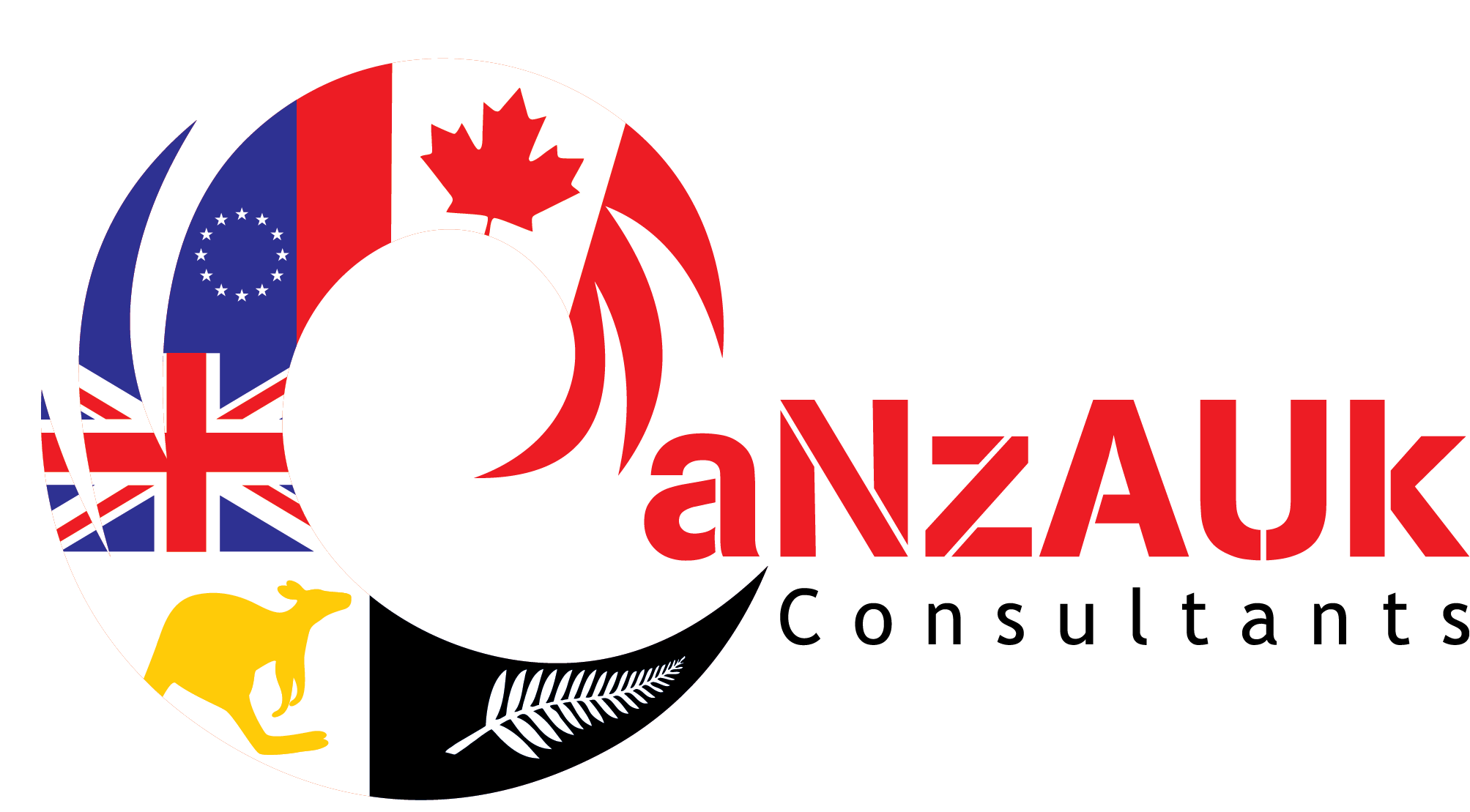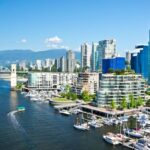Moving to a new country can feel overwhelming, but Canada’s welcoming atmosphere makes the transition easier than you might think. In this comprehensive guide, we’ll walk you through everything you need to know about life in the Great White North, from practical daily concerns to social customs that might surprise you.
What Makes Canada Special?
Canada consistently ranks among the world’s most livable countries, and for good reason. Known for its stunning landscapes, diverse population, and high standard of living, Canada offers newcomers a unique blend of opportunities and stability.
The Famous Canadian Politeness
Ever wondered why Canadians are known for saying “sorry” so much? It’s not just a stereotype! Canadian politeness is woven into daily life:
Holding doors for others (even when they’re several steps away)
Saying “thank you” to bus drivers
Apologizing when someone else bumps into you
Making friendly small talk about the weather
Pro Tip: Don’t be surprised if strangers smile and greet you on the street – it’s perfectly normal here!
Weather: The Four Seasons of Canada
Winter (December-March)
Canadian winters are famous (or infamous, depending on who you ask!). Here’s what to expect:
Temperatures: Usually between -10°C to -30°C (14°F to -22°F)
Snow is common in most regions
Winter activities become a way of life
Days are shorter, with darkness by 4:30 PM in mid-winter
Essential Winter Gear:
Waterproof winter boots
Insulated winter coat (look for temperature ratings of -30°C)
Thermal layers
Hat, gloves, and scarf
Summer (June-September)
Contrary to popular belief, Canadian summers can be quite warm:
Temperatures often reach 20°C to 30°C (68°F to 86°F)
Long daylight hours (sometimes until 9:30 PM!)
Perfect for outdoor activities
Lots of festivals and community events
Cost of Living: Real Numbers
Let’s break down monthly expenses in different Canadian cities:
Major Cities (Toronto, Vancouver)
One-bedroom apartment: $2,000-$2,800
Public transit pass: $150-$175
Groceries (single person): $500-$700
Internet and phone: $150-$200
Mid-Sized Cities (Calgary, Ottawa)
One-bedroom apartment: $1,200-$1,800
Public transit pass: $100-$120
Groceries (single person): $400-$550
Internet and phone: $120-$170
Smaller Cities (Halifax, Regina)
One-bedroom apartment: $900-$1,400
Public transit pass: $80-$100
Groceries (single person): $350-$500
Internet and phone: $100-$150
Healthcare: Understanding the System
One of Canada’s biggest attractions is its universal healthcare system. Here’s what you need to know:
What’s Covered:
Doctor visits
Hospital stays
Essential medical procedures
Basic medical tests
What’s Not Covered:
Dental care
Prescription medications
Vision care
Cosmetic procedures
Important: New residents typically have a waiting period (usually 3 months) before healthcare coverage begins. Consider private insurance for this gap.
Finding Work in Canada
Job Search Strategy
Update your resume to Canadian format
Network through LinkedIn and professional associations
Attend job fairs
Consider volunteering to gain Canadian experience
Popular Job Search Websites:
Indeed.ca
LinkedIn
Job Bank (government website)
Workopolis
Housing: Your First Canadian Home
Types of Housing Available:
Basement apartments (budget-friendly)
High-rise apartments
Condominiums
Townhouses
Detached houses
What You Need to Rent:
First and last months’ rent
Employment letter or proof of income
References
Credit check (if you’re new, some landlords accept larger deposits instead)
Social Life and Community
Making Friends:
Join community centers
Attend free library events
Participate in sports leagues
Take language classes
Use Meetup.com for interest-based groups
Volunteer at local organizations
Shopping Smart:
Grocery stores: No Frills, Food Basics (budget), Loblaws, Metro (mid-range)
Clothing: Winners, Marshalls (discounted brands), Hudson’s Bay (department store)
Home goods: Canadian Tire, Dollarama, IKEA
First Steps After Arrival
Get your Social Insurance Number (SIN)
Open a bank account
Apply for provincial health insurance
Get a local phone plan
Find temporary housing
Begin job search
Explore your neighbourhood
Cultural Tips for Success
Punctuality is important – arrive on time for appointments
Tipping (15-20%) is expected in restaurants
Smoking is prohibited in public spaces
Recycling and environmental consciousness are taken seriously
Personal space is valued – maintain arm’s length in conversations
Conclusion
Moving to Canada is an exciting journey, and while there may be challenges along the way, the country’s welcoming nature and strong support systems make it easier to adapt. Remember that most cities have newcomer centres offering free assistance with everything from job searches to housing.




